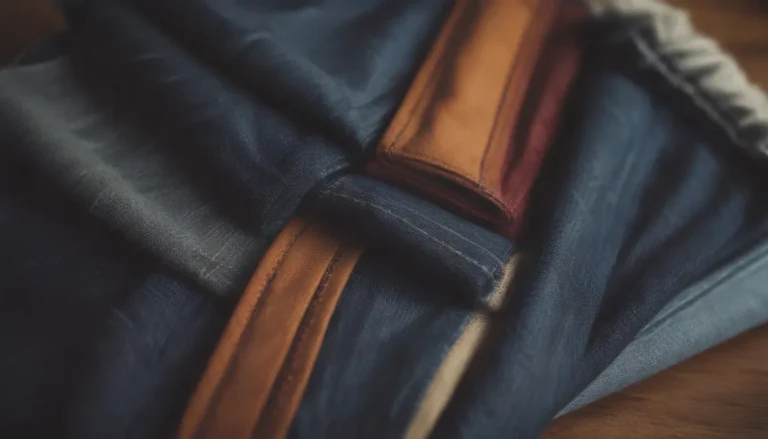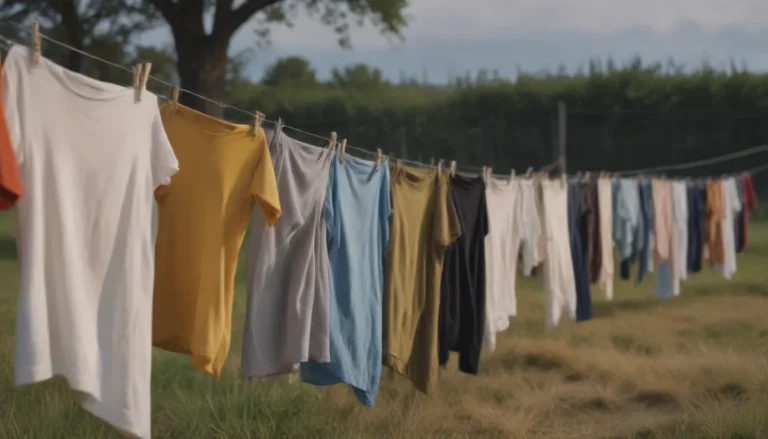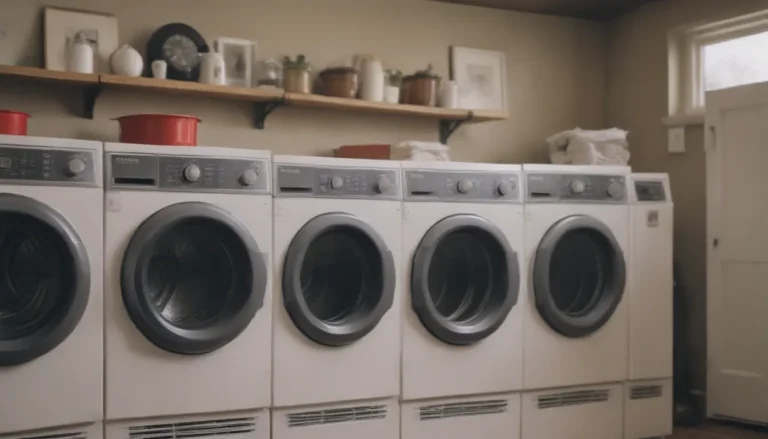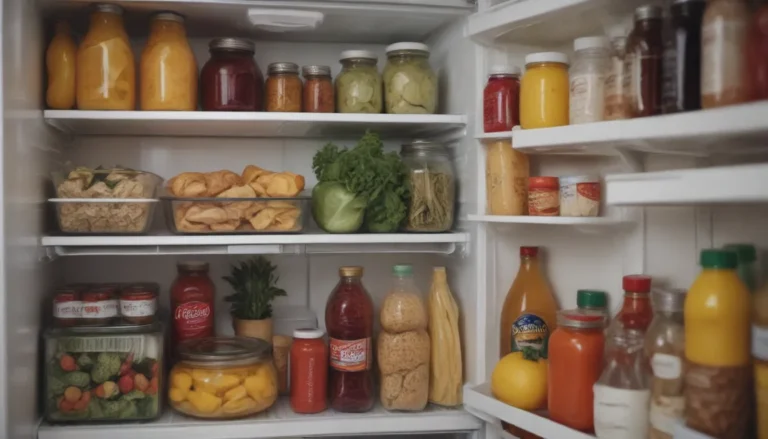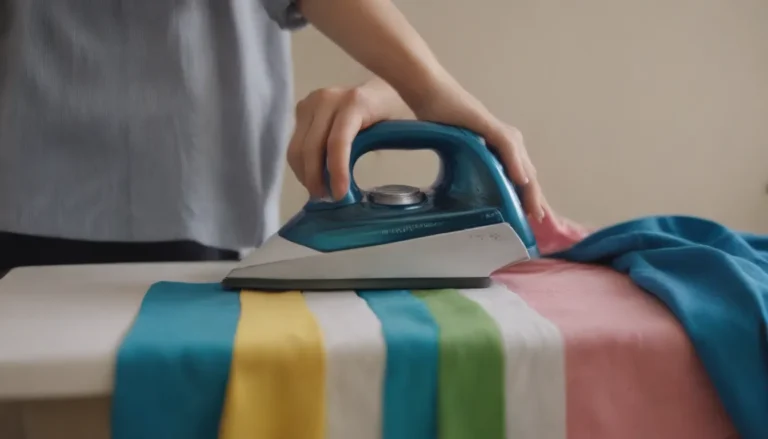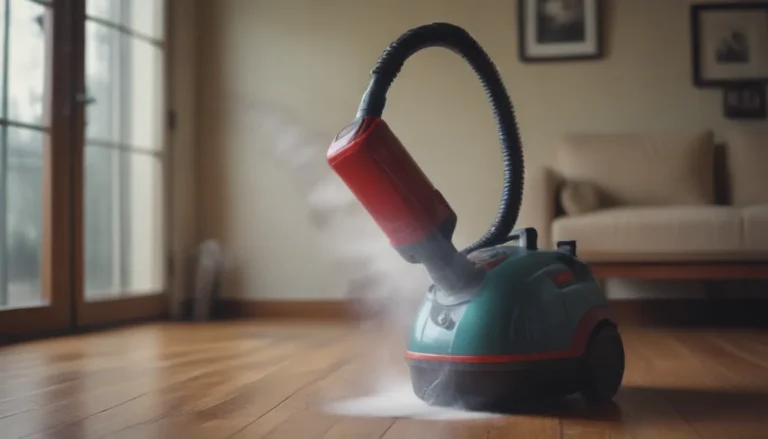The Ultimate Guide to Removing and Preventing Hard Water Deposits
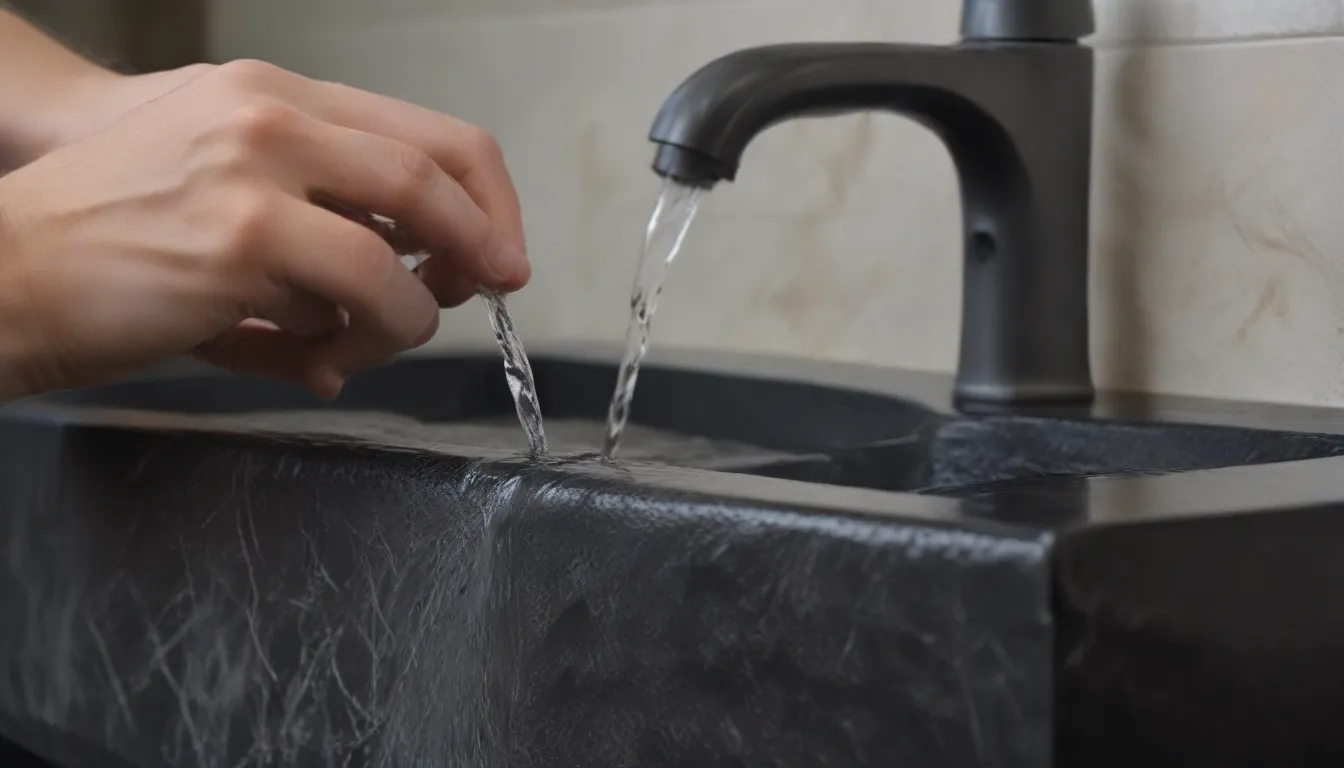
Dealing with hard water on a daily basis can be a real headache. Hard water deposits, which are formed by minerals in the water, can build up on plumbing fixtures over time, causing them to look unsightly and function poorly. If you’re tired of dealing with the effects of hard water in your home, then it’s time to take action and learn how to effectively clean and prevent hard water deposits. Luckily, you don’t need to spend a fortune on special cleaning products; all you need is some regular white vinegar and a little elbow grease.
What Are Hard Water Deposits?
Hard water deposits are created by minerals such as calcium and magnesium in the water. These minerals can accumulate on faucets, showerheads, and other surfaces, forming a white, crusty residue that is difficult to remove. This buildup not only looks bad, but it can also impair the function of your fixtures by clogging aerators and reducing water flow.
Removing Hard Water Deposits From Faucets
Kitchen and bathroom faucets can quickly become covered in hard water deposits, making them look old and dingy. To remove these deposits, start by soaking a cloth or sponge in white vinegar and wrapping it around the affected area. Let it sit for a few hours to help loosen the buildup before scrubbing with a non-scratch sponge or pad. Be sure to use plenty of water to prevent scratching the faucet’s finish.
Removing Scale From Faucet Aerators
Hard water deposits can also accumulate in faucet aerators, affecting water flow and pressure. If you notice that your water isn’t flowing as it should, or if it has a erratic spray, it’s likely that the aerator is clogged with mineral deposits. To clean the aerator, remove it from the faucet and soak it in white vinegar overnight. Scrub it with a toothbrush to remove any remaining debris before reinstalling it.
Cleaning Toilets, Sinks, Tubs, and Showers
Hard water deposits can also build up on toilets, sinks, tubs, and showers, leaving behind stubborn stains and residue. To remove these deposits, apply a mixture of vinegar and Borax to the affected areas and scrub with a non-abrasive sponge or pad. For tougher stains, you can use ultra-fine sandpaper or 0000 steel wool on most surfaces, but be careful not to scratch the finish.
Preventing Hard Water Deposits
If you’re tired of constantly battling hard water deposits in your home, consider installing a water softener system to treat your water supply. Water softeners remove minerals like calcium and magnesium from the water, preventing them from forming deposits on your fixtures and appliances. With a water softener in place, you can enjoy cleaner, clearer water and avoid the hassle of dealing with hard water deposits altogether.
In conclusion, dealing with hard water deposits doesn’t have to be a difficult or expensive task. By using simple household ingredients like white vinegar and Borax, along with the right cleaning tools, you can effectively remove and prevent hard water deposits in your home. Whether you’re cleaning faucets, showerheads, or toilets, these tips and techniques will help you keep your fixtures looking like new and functioning properly. So say goodbye to hard water headaches and hello to sparkling clean surfaces!
